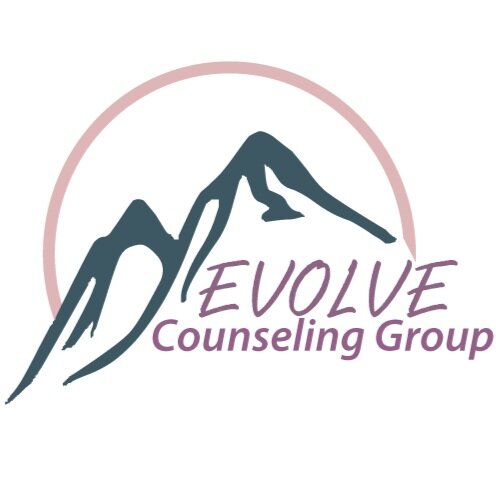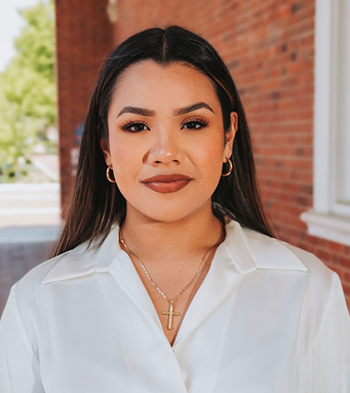Life Transitions Counseling
Feeling lost or uncertain as you navigate a major life change?
Are you spending time reflecting on the past and struggling to fully embrace the future?
Is fear of the unknown holding you back from making important decisions about your next steps?
Do you wish you had an unbiased, supportive sounding board to help you process options and gain perspective?
Are you seeking ways to establish new routines or a support system that aligns with your current life circumstances?
Are you ready to set new, meaningful goals but need guidance on how to make them a reality?
Life transitions can often happen without much warning and sometimes life takes us in a new direction that we never expected. Whether you are experiencing a loss or a life change, and whether it is positive or negative, there is usually an adjustment period that can be difficult. You might feel off base, not grounded or centered enough, during the transition. Discussing and processing your feelings with a therapist can help you gain your sense of stability and autonomy.
Understanding how to navigate life transitions can make you more resilient and confident, knowing you have the ability to go through difficult experiences. Life transitions often hold hidden lessons that, with professional help, you can uncover and understand. During any challenging transition, it is crucial to receive the right support to foster your personal growth and help you emerge on the other side as a better, improved version of yourself.
Life is full of transitions, from a new job or parenthood to a move or the end of a relationship. Even positive changes can bring stress and feelings of instability. We can provide you with the support and guidance you need to navigate these shifts with confidence. We’ll help you process your emotions, find clarity in the chaos, and build the skills to move forward with purpose.
Major types of life transitions
The major types of life transitions that people commonly seek therapy for generally fall into a few key categories, all of which require significant psychological and emotional adjustment. These transitions can be anticipated (like marriage or retirement) or unanticipated (like job loss or illness).
The most frequent types include:
Relational & Family Transitions
These involve significant changes in personal relationships and family structure, often challenging one's identity and support system.
Marriage/Commitment: Adjusting to a shared life, merging finances, and navigating a new family role.
Divorce or Separation: Coping with the end of a relationship, the loss of a shared future, and restructuring daily life and co-parenting.
Parenthood: Becoming a new parent, managing postpartum mental health challenges, and adjusting to the profound shift in responsibilities, routine, and identity.
Empty Nest/Children Leaving Home: The emotional adjustment parents face as their children move out, leading to a re-evaluation of the marital relationship and personal purpose.
Caring for Aging Parents: Taking on a caregiving role, which can lead to stress, burnout, and complex family dynamics.
Career & Financial Transitions
These transitions affect one's financial stability, daily structure, and sense of purpose or self-worth.
Job Loss or Unemployment: Dealing with financial stress, loss of professional identity, and navigating the job search process.
Career Change or Promotion: The stress of learning a new role, adjusting to a new environment, or questioning one's professional path (often experienced during midlife transitions).
Retirement: Adjusting to a life without a structured work routine, redefining purpose, and managing the shift in social roles.
Starting a Business: Managing the high stress, financial risk, and work-life imbalance associated with entrepreneurship.
Developmental & Age-Related Transitions
These are phases that are generally expected as a part of the human life cycle, but which bring unique emotional and psychological hurdles.
Adolescence to Adulthood (Emerging Adulthood): Navigating college, establishing independence, figuring out a career path, and forming an adult identity.
Midlife Crisis/Midlife Reassessment: Reflecting on life choices, achievements, and mortality, which can trigger a desire for significant change or lead to depression and anxiety.
Aging: Adjusting to physical changes, loss of mobility, and facing mortality.
Loss & Grief Transitions
While often related to relationships, these transitions focus specifically on the experience of loss, which is not always about death.
Death of a Loved One: Processing profound grief and adapting to life without a significant person or pet.
Health Crisis: Coping with a new chronic illness diagnosis, major injury, or disability, which forces a re-evaluation of lifestyle, capabilities, and future plans.
Loss of a Dream or Expected Future: Grieving the life path one expected to have, such as the loss of financial stability, the inability to have children, or the end of a long-term goal.
Environmental & Identity Transitions
These involve significant changes to one's environment or sense of self.
Relocation/Moving: Adjusting to a new city, country, or culture, requiring the rebuilding of social networks and routines.
Identity Exploration: Navigating changes related to sexual orientation or gender identity (such as coming out or transitioning) or other major shifts in personal values.
How therapy for life transitions can help
During the disruption of a life transition, therapy offers a structured and supportive space to process complex emotional turmoil. It can help you move beyond feelings of anxiety, overwhelm, or sadness by first validating the sense of loss for the old way of life—even if the change is positive. Our therapists can assist you in reframing negative thought patterns, challenging self-doubt, and managing the inherent uncertainty of change. Ultimately, you will begin to clarify your values and goals in the new context, develop practical coping strategies and routines, and feel empowered to build a resilient new sense of identity and purpose for the next chapter of your life.
During life transitions, you may often experience thoughts and feelings that are hard to articulate or share. When your emotions are complicated or conflicting, it can become difficult to be truly open with your support circle and loved ones. Rather than holding it all inside, a trusted therapist provides a confidential space where you can process all of your complex feelings. For example, in a period of grief, you might feel both sadness and relief, or anger and freedom. Similarly, with a positive transition, such as starting a new job or a new relationship, you might feel excited yet scared, or grateful but overwhelmed. These complex feelings are inherent to being human, and a therapist can help you make sense of them, preventing them from becoming an internal burden.
What should I expect in therapy sessions?
Our therapists work by using various therapeutic modalities that combined will help you achieve your desired goals in therapy. Expect your therapist to guide you through the present feelings and thoughts you are having about the current life transition, while also helping you explore your past and helping you determine how you would like your future to be.
A dedicated therapist will provide you with a safe space for exploring your feelings and developing a path forward during your life transition. All our therapists are specifically trained to cultivate a warm, secure relationship. This allows you to feel comfortable discussing your deepest thoughts and feelings and to express your authentic self throughout the sessions.
Therapy for life transitions is just like any other type of treatment goal, which includes the past, present and future, in order to help you integrate the life change that you are experiencing.
Hardship is not meant to be endured alone
At Evolve Counseling Group, we are focused on facilitating personal growth and finding empowerment no matter what life circumstances you are experiencing.
Schedule a consultation today and let one of our therapists guide you through this process.
Meet the Team



















